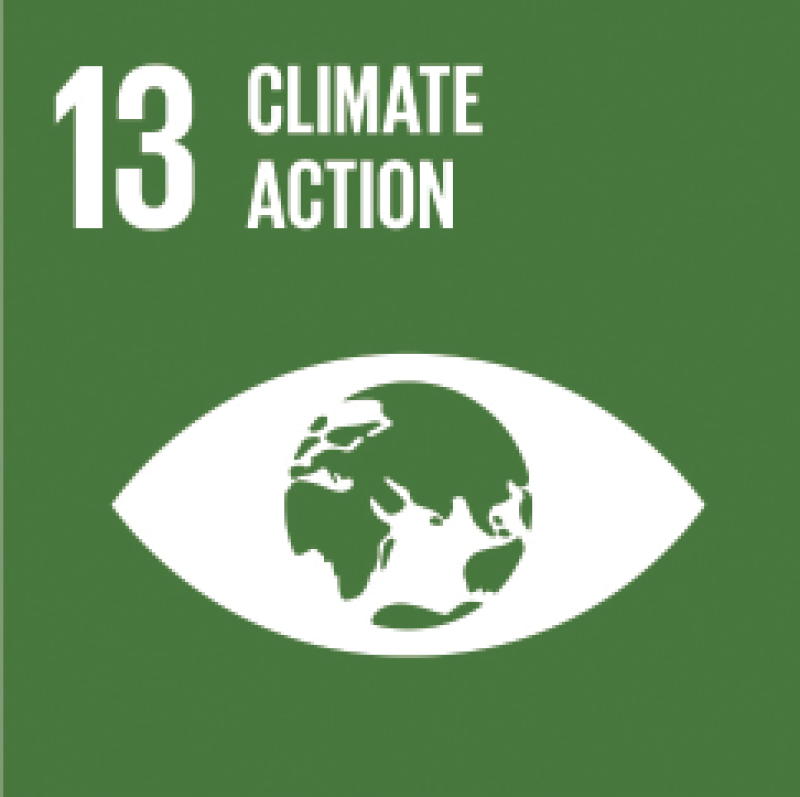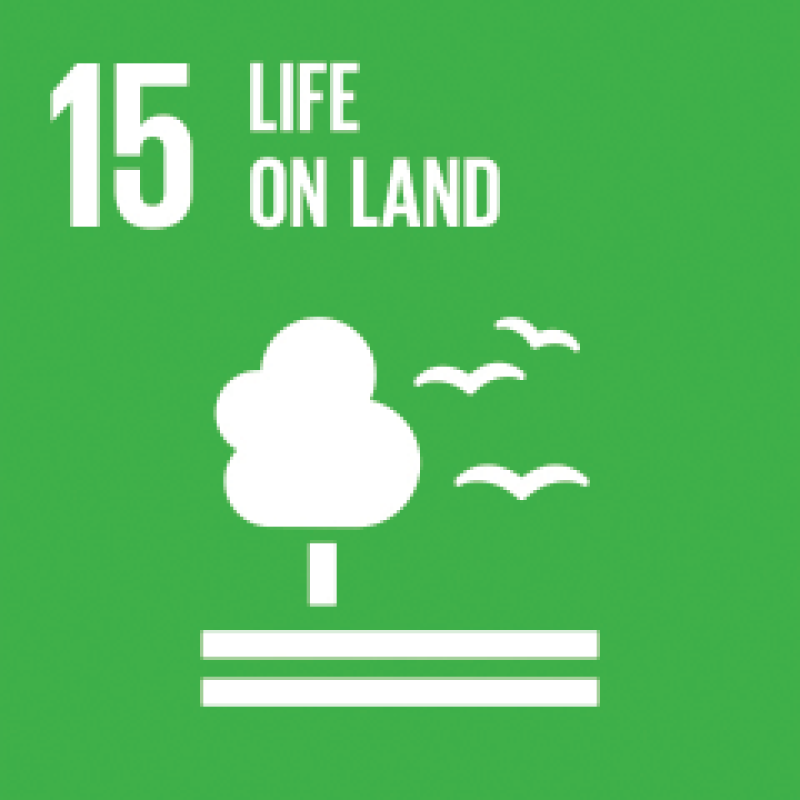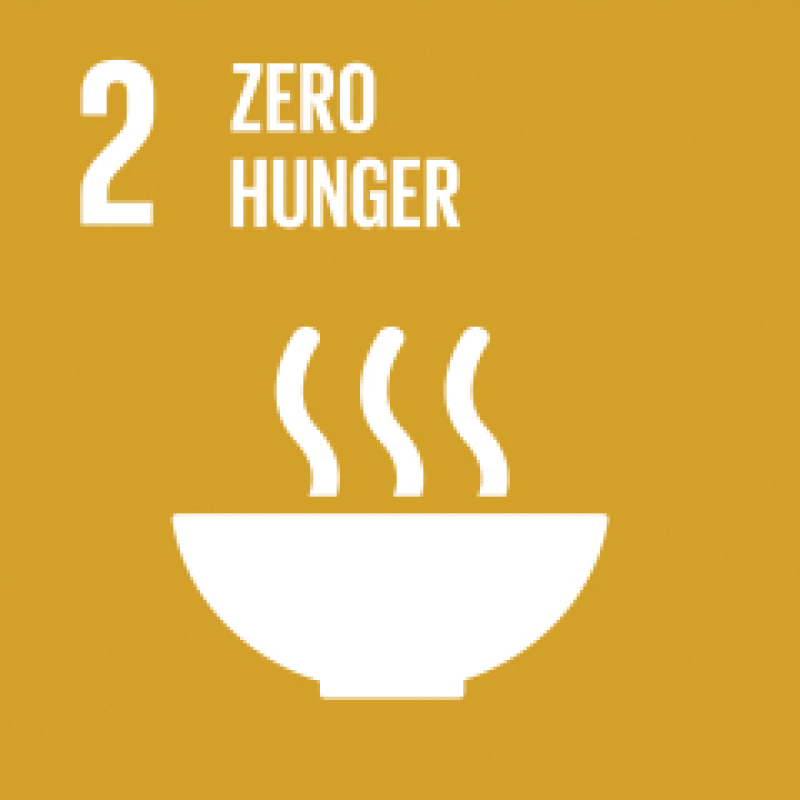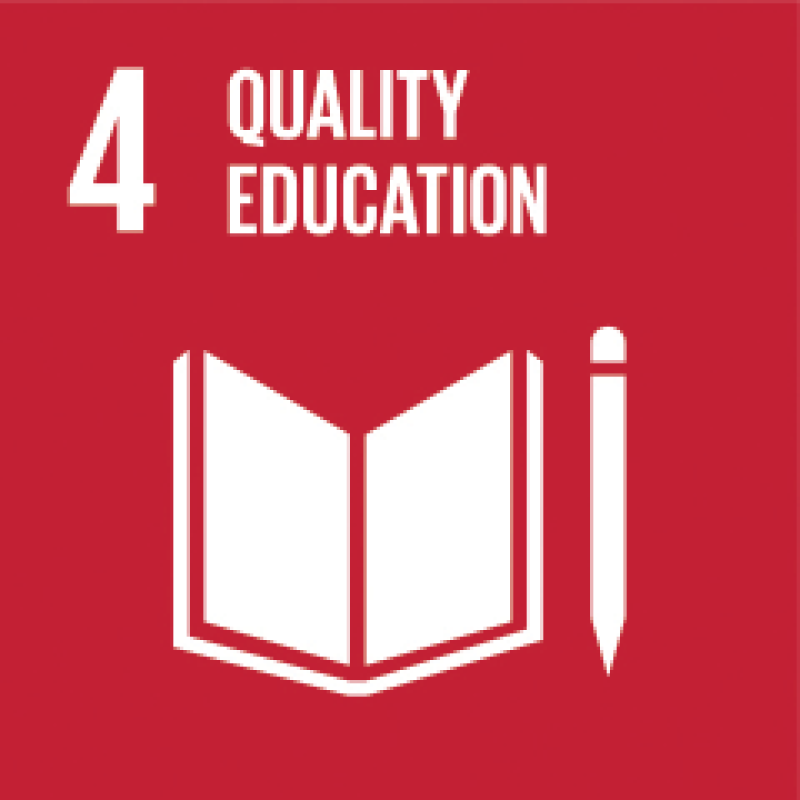








sustainable-development-goals-780
Jonathan Drew’s impact on the growth of green finance in Asia is perhaps not immediately obvious from his title – but then one does the maths.
Infrastructure requirements in Asia are estimated to be $2 trillion to $5 trillion annually for the next 12 years. It is key to growth, and with growth comes urbanization. Getting that infrastructure and the built environment right is critical to sustainable growth. It is the natural place to start when mobilizing the capital eager to finance the transition.
It was not obvious to Drew that he would end up in green finance; his background is in structured debt. But he found himself working increasingly on renewable project financing transactions as the appetite for them began to grow in the region about 15 years ago. And then came the launch of green bonds. Drew, who had been putting together the first limited recourse debt deals for renewable energy in India and the Chinese market, was asked to look at the new market.
He was sceptical.
“I thought it was just corporate greenwashing,” he says, “but the more I looked into it, it became evident that the underlying challenge is very real and urgent action is required. The timeframes and scale of the sustainable challenges were not widely known or understood. It was certain capital owners or managers would be voicing their concerns. They had too much money in the wrong places and wanted financial products to help them shift to sustainable investments. Green bonds were clearly going to be an important and effective way to facilitate that and Asia needed them. All eyes had been on growth, not sustainability or sustainable growth.”
There was resistance to change initially, says Drew. Treasurers did not always see the benefits quickly and it often took owners to understand the strategic rationale. At the same time, he led work at HSBC to raise internal awareness of environmental risks, urging bankers to consider the questions: how is this impacting our clients? And what solutions are we proposing?
Since that time Drew has worked on numerous green bonds – including the first sovereign green sukuk for Indonesia this year. Indonesia embodies many of the challenges facing emerging Asia.
“It’s a relatively low-income economy, substantially reliant on the hydrocarbon sector, that needs to grow, but it also has a responsibility to look after the incredible natural resources that it has, such as its rainforests,” says Drew. “And if all that were not enough, it is a nation in the path of the adverse consequences of climate change – including the El Niño storm system that brings extreme weather to the country’s most vulnerable communities.”
Indonesia recognized the challenge and its responsibilities. It was the first emerging nation to submit its commitments to carbon reductions in the run up to the Paris Agreement. And its green bond and sukuk programme links its sovereign funding programme to direct sustainable development projects: supporting transition in the energy sector, green buildings, awareness through ecotourism, sustainable agriculture and helping rural communities adapt to climate change.
“For the financial markets to be able to provide a mechanism to fund that plan really shows the positive force green finance can be,” says Drew.
As Asia’s commitment to green finance becomes clear, there is an opportunity for institutions like our own to show some leadership around complex issues - Jonathan Drew
But it is in green loans that Drew is really changing the landscape of green finance in Asia. He chairs the Asia Pacific Loan Market Association (APLMA)’s green loan committee and has been integral to the development of a green loan market in the region. In March this year, APLMA launched its Green Bond Principles alongside the European LMA.
“We need efficient markets to deliver large volumes of capital to support the sustainable investments required. Hopefully as green loans become adopted more widely, green bonds to finance those green loans will also get a boost,” says Drew.
Essentially green loans will provide funding to companies that do not typically tap public markets. The banks writing such loans can provide institutional money with the opportunity to support the lending through participation in the banks’ green bond issues.
“As Asia’s commitment to green finance becomes clear, there is an opportunity for institutions like our own to show some leadership around complex issues,” says Drew.
And there are complex issues. It is a continent in transition; in the energy sector, that means from hydrocarbons to renewables. Drew points out it cannot happen overnight for some economies. In Hong Kong, for example, renewables capacity is very constrained.
“Where there are no alternatives for now, the need is to finance energy companies’ investment in reducing emissions. These are an important positive impact, pending identification of longer-term solutions. So, the evaluation of what is ‘green’ needs to take account of local conditions and be dynamic over time.”
Drew says his hope is for sustainability issues to become part of the mainstream decision-making analysis across asset classes.
“ That’s something we all have to work on together,” he says. “We can’t have this mentality of waiting for someone else to move, be that a customer or a regulator. By actively engaging with all stakeholders we can reach the ultimate goal of getting to a low-carbon, non-polluting economy where we don’t need these ‘green’ labels anymore.”
UN Sustainable Development Goals: The keys to responsible banking?
These are the areas that the United Nations says banks need to consider when accepting their responsibilities in shaping and financing a sustainable future.


















See more impact banking champions

